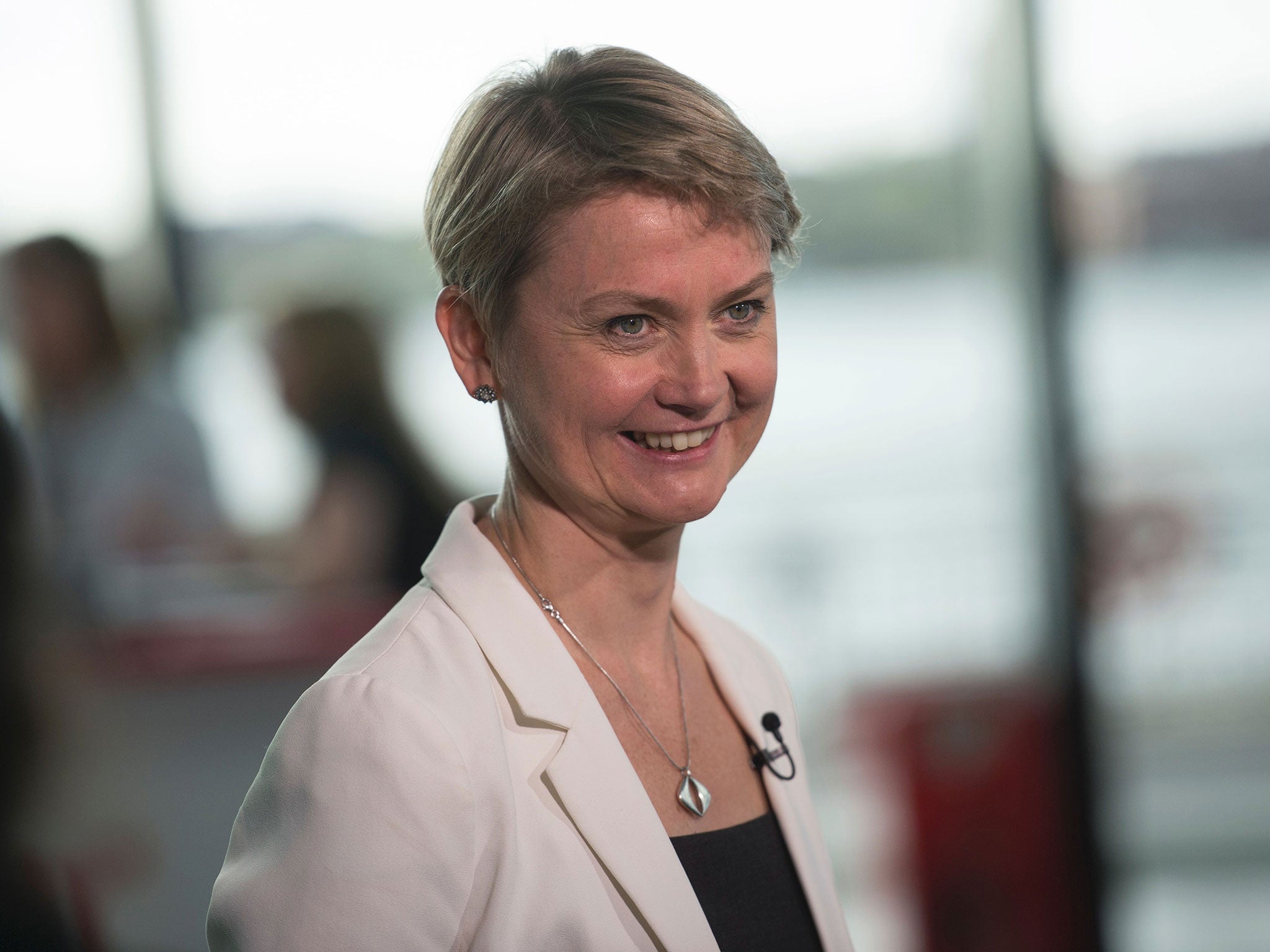Closing down Dubs amendment will increase child trafficking, warn MPs
A committee of MPs, including Yvette Cooper, also said there was a 'big gap' between the number of child refugees the Government said local authorities could accept, and local authorities' own evidence

Your support helps us to tell the story
From reproductive rights to climate change to Big Tech, The Independent is on the ground when the story is developing. Whether it's investigating the financials of Elon Musk's pro-Trump PAC or producing our latest documentary, 'The A Word', which shines a light on the American women fighting for reproductive rights, we know how important it is to parse out the facts from the messaging.
At such a critical moment in US history, we need reporters on the ground. Your donation allows us to keep sending journalists to speak to both sides of the story.
The Independent is trusted by Americans across the entire political spectrum. And unlike many other quality news outlets, we choose not to lock Americans out of our reporting and analysis with paywalls. We believe quality journalism should be available to everyone, paid for by those who can afford it.
Your support makes all the difference.Closing down the resettlement programme for unaccompanied child refugees will increase, not decrease, the risk of trafficking and exploitation, MPs have warned.
Politicians are also calling on the Government to address the “big gap” in the numbers it says local authorities can accept and what they have quoted themselves.
In an urgent report, the Home Affairs Select Committee, which is chaired by Yvette Cooper, has said the Government’s evidence that re-housing child refugees would act as a “pull” factor to desperate parents and to people smugglers stands in contrast to warnings from charities that closing the route would actually increase the risk of child trafficking and exploitation.
When the Government made its surprise announcement last month that the numbers brought in under the scheme would be capped at 350, it claimed in a written ministerial statement that local authorities had suggested they did not have capacity for hundreds, if not thousands, more.
The Home Affairs Select Committee report claims that some local councils have said they have capacity for as many as 4,000 more lone children.
Labour MP Ms Cooper said: “There is a big gap between what the Government has said, and the evidence we heard from local councils and from organisations like Unicef who are working with child refugees.
“This is too important to get wrong when children’s lives and futures are at risk. That’s why we are making these urgent interim recommendations now.”
Lily Caprani, deputy executive director of Unicef UK, said the danger to unaccompanied children does not pass when they enter Europe.
“We also currently have the bizarre situation where children are forced to travel through unsafe routes into Europe before they can reach the safety of their family members in the UK,” she added.
The Home Office rejected any suggestion that children have to use unsafe routes to make their way through Europe and join family members in the UK.
A spokesman said: “This Government provided 8,000 vulnerable children with refuge or other forms of leave this year and by the end of this Parliament we will have resettled 23,000 people from Syria, the Middle East and north Africa – half of whom will be children.
“Our strategy is clear. We believe the best way to help the most vulnerable children is by resettling refugees directly from the camps in and around Syria.
“This stops traffickers ruthlessly exploiting vulnerable people and will prevent people from embarking on perilous journeys across the Mediterranean.”
The Government welcomes all offers of extra places from local authorities, the spokesman said.
Join our commenting forum
Join thought-provoking conversations, follow other Independent readers and see their replies
Comments